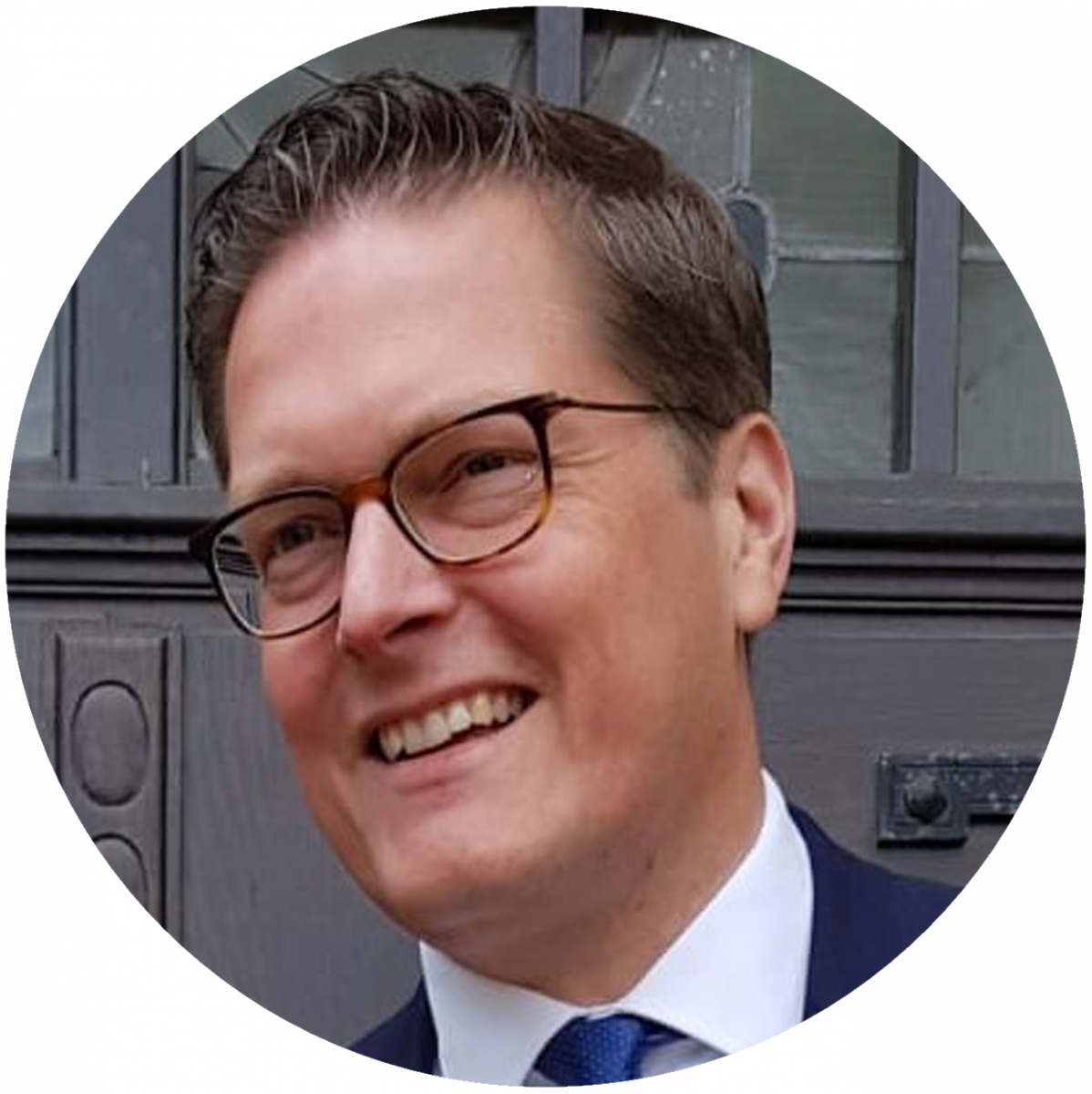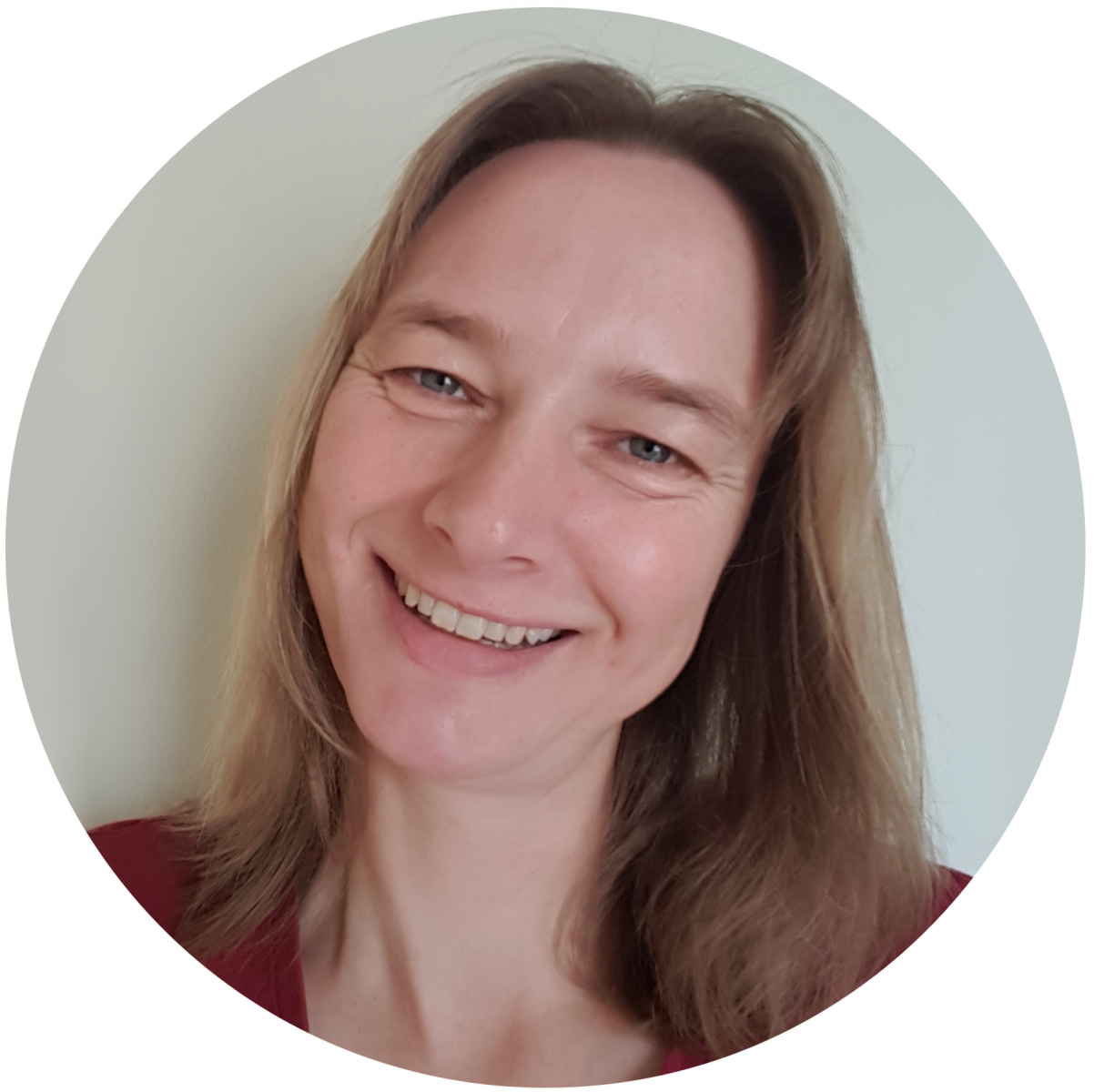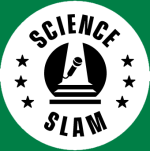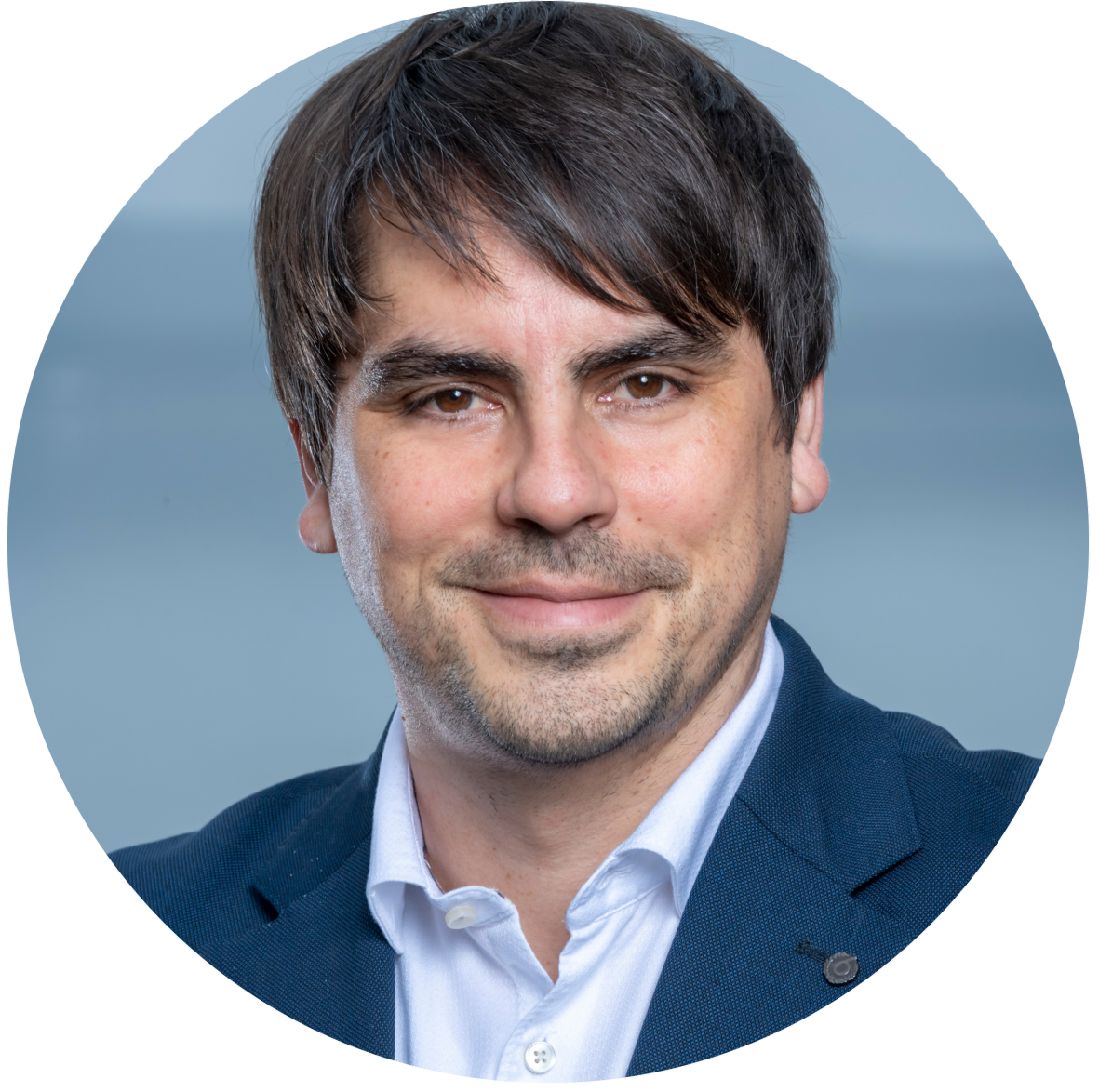Home |
Programm |
Registrierung |
Anreise & Übernachtung |
Programm
Hier finden Sie ein detaillierten Ablaufplan und Programm zum Symposium.*
Bitte scrollen Sie herunter, um mehr Informationen zu den Keynotes und weiteren Programmhighlights, sowie die Posterliste zu sehen.
09. Nov. 2022 - Stakeholderaustausch(Veranstaltungssprache deutsch)
|
|||||
| Uhrzeit | Programmpunkt | Vortragende Person | Titel | ||
| 09.00 - 10.00 |
Registrierung und Willkommenskaffee |
||||
| 10.00 - 10.05 | Begrüßung durch den KüNO-Sprecher | Jochen Hinkel | |||
| 10.05 - 10.15 | Grußworte vom BMBF | Tanja Dörre | |||
| 10.15 - 10.45 | Überblick über die aktuelle Küstenforschung | Jochen Hinkel | |||
| Session A - Naturbasierte Küstenanpassung | |||||
| 10.45 - 11.15 | Keynote | Torsten Schlurmann | Bewertung und Darlegung der Chancen und Risiken von naturbasierten Lösungen im Küstenschutz – Wissen und Wissenslücken! | ||
| 11.15 - 11.20 | Pitch | Geronimo Gussmann | Bewertung der Ökosystemleistungen von naturbasierten und hybriden Küstenanpassungsmaßnahmen | ||
| 11.20 - 11.25 | Pitch | Aline Kühl-Stenzel | WATTRenature: Schutz von Küste, Klima und Biodiversität im Wattenmeer (+ AWZ) | ||
| 11.25 - 11.30 | Pitch | Maike Paul | SeaStore – Seegras für den Klimaschutz | ||
| 11.30 - 11.35 | Pitch | Andrea Wunsch | Öffentliche Wahrnehmung von CO2-Entnahme durch die Wiederherstellung von Ökosystemen und politisches Vertrauen in Deutschland | ||
| 11.35 - 11.45 | Allgemeine Diskussion Session A | ||||
| 11.45 - 13.00 | Mittagspause | ||||
| Session B - Nachhaltige Fischerei | |||||
| 13.00 - 13.30 | Keynote | Robert Arlinghaus | Transdisziplinäre Zusammenarbeit für eine nachhaltige Fischerei: praktische Beispiele aus der Binnen- und Küstenfischerei | ||
| 13.30 - 13.35 | Pitch | Sabine Horn | MGF-Nordsee – Ausschluss mobiler grundberührender Fischerei in Schutzgebieten der Nordsee | ||
| 13.35 - 13.40 | Pitch |
Klaus Jürgens |
MGF-Ostsee – Ausschluss mobiler grundberührender Fischerei in Schutzgebieten der Ostsee | ||
| 13.40 - 13.45 | Pitch | Katharina Brundiers | Forschungsprojekt STELLA2 - STELlnetzfischerei-Lösungs-Ansätze 2 | ||
| 13.45 - 13.50 | Pitch | Christian Möllmann | Anpassung der Küstenfischerei der westlichen Ostsee an den Klimawandel | ||
| 13.50 - 14.00 | Allgemeine Diskussion Session B | ||||
| 14.00 - 14.15 | Gruppenbild | ||||
| 14.15 - 16.00 | Postersession aller Sessions inkl. Kaffeepause | ||||
| Session C - Multiple Stressoren | |||||
| 16.00 - 16.30 | Keynote | Alexander Liebschner | Multiple Stressoren - Konflikte zwischen Schutz und Nutzung in deutschen Meeren | ||
| 16.30 - 16.35 | Pitch | Maren Voß | Auswirkungen multipler Stressoren auf die Ästuare der Elbe und Oder | ||
| 16.35 - 16.40 | Pitch | Anja Singer | "BioWeb"- Auswirkungen von Biodiversitätsveränderungen auf die Nahrungsnetze der Nordsee | ||
| 16.40 - 16.45 | Pitch | Daniela Henkel | CONMAR sagt den Kampfmitteln im Meer den Kampf an! Was wir machen und warum! | ||
| 16.45 - 16.50 | Pitch | Matthias Brenner | Wracks im Visier: Das Projekt North Sea Wrecks untersucht und bewertet Weltkriegswracks und ihre Munitionsaltlasten hinsichtlich ihrer Umweltgefahren | ||
| 16.50 - 17.00 | Allgemeine Diskussion Session C | ||||
| 19.00 - 20.15 |
Science Slam Moderation: Julia Offe |
Eileen Heße, AnneBrauer, Sascha Hokamp & Mareike Taphorn |
|||
| 20.15 - 22.00 | Konferenz-Dinner | ||||
10. Nov. 2022 - Wissenschaftlicher Austausch
(Veranstaltungssprache englisch)
|
|||||
| Uhrzeit | Programmpunkt | Vortragende Person | Titel | ||
| Session A - Nature based coastal adaption |
|||||
| 09.00 - 09.15 | Talk | Martin Döring | What is the meaning of ‘nature’ in nature-based coastal protection? Notions of nature among experts working on the German North Sea Coast | ||
| 09.15 - 09.30 | Talk | Anne Cristina de la Vega-Leinert & Geronimo Gussmann | Managed Realignment on the German Baltic coast – Towards an overview | ||
| 09.30 - 09.45 | Talk | Daniela Glück | Ecological effects of sand nourishments on coastal ecosystems: A case study | ||
| 09.45 - 10.00 | Talk | Joshua Kiesel | Extreme Sea Levels, Coastal Flooding and the Potential for Managed Realignment along the German Baltic Sea Coast | ||
| 10.00 - 10.15 | Talk | Andrea Wunsch | Preferences for coastal adaptation to climate change at the North Sea and Baltic Sea coast in Germany: evidence from a choice experiment | ||
| 10.15 - 10.30 | Talk | Volker Karius | Enhancement of sediment accumulation by adapted coastal protection strategies – Turbidity measurements and modelling | ||
| 10.30 - 11.00 | Coffee break | ||||
| Session B - Sustainable fishery |
|||||
| 11.00 - 11.15 | Talk | Dario Fiorentino | Toward an improved performance of fish habitat models at climate scale | ||
| 11.15 - 11.30 | Talk | Ralf Döring | More flexibility regarding fishing quota distribution as key for sustainable fisheries? | ||
| 11.30 - 11.45 | Talk | Jan Conradt | Robust fisheries management strategies under deep uncertainty | ||
| 11.45 - 12.00 | Talk | Marco Scotti | Ecosystem-based fisheries management restores biodiversity and increases resilience to climate change in the western Baltic Sea | ||
| 12.00 - 12.15 | Talk | Serra Örey | Spatio-temporal diversity in German brown shrimp fishery | ||
| 12.15 - 12.30 | Talk | Miriam Püts | Caught in the web - disentangling top-down and bottom-up processes in the southern North Sea | ||
| 12.30 - 13.45 | Lunch break | ||||
| 13.45 - 15.00 | Vanessa Stelzenmüller & Jennifer Rehren | Stressor-Traits Relationship & Cumulative Effect Assessment (CEA) | |||
| Stefan Fritz & Jonathan Heimer | Options for action - Science contributions to ocean and coastal missions | ||||
| 15.00 - 15.30 | Coffee break | ||||
| 15.30 - 17.00 | Workshops II | Vanessa Stelzenmüller & Jennifer Rehren | Stressor-Traits Relationship & Cumulative Effect Assessment (CEA) | ||
| Stefan Fritz & Jonathan Heimer | Options for action - Science contributions to ocean and coastal missions | ||||
11. Nov. 2022 - Wissenschaftlicher Austausch
(Veranstaltungssprache englisch)
|
|||||
| Uhrzeit | Programmpunkt | Vortragende Person |
Titel | ||
| Session C - Multiple stressors I |
|||||
| 09.00 - 09.15 | Talk | Kai Wirtz | Marine habitats will stay the same, but elsewhere | ||
| 09.15 - 09.30 | Talk | Susanne Heise | Multiple chemical stressors in river-sea transition zones – exemplarily shown for the Elbe Estuary and the Odra Delta | ||
| 09.30 - 09.45 | Talk | Helena Klip | The role of microzooplankton grazing in shaping spring phyto- and bacterioplankton blooms at Helgoland Roads, North Sea | ||
| 09.45 - 10.00 | Talk | Cedric Meunier | [An integrated multiple driver mesocosm experiment reveals the effect of global change on planktonic food web structure | ||
| 10.00 - 10.15 | Talk | Inga Kirstein | Plankton communities today and tomorrow – Response to global change and marine heatwaves in a multiple-driver approach | ||
| 10.15 - 10.30 | Talk | Ute Daewel | Future offshore windfarm effects on ecosystem productivity and potential implications for MPAs | ||
| 10.30 - 11.30 | Postersession (all Sessions) incl. Coffee break | ||||
| 11.30 - 12.30 | Lunch break | ||||
| Session C - Multiple stressors II | |||||
| 12.30 - 12.45 | Talk | Marcus Reckermann | Human impacts and their interactions in the Baltic Sea region | ||
| 12.45 - 13.00 | Talk | Sheng V. Wang | Effects of low-frequency noise on marine benthic invertebrates from the North Atlantic coasts | ||
| 13.00 - 13.15 | Talk | Martin Wahl | Complex Global Change and possible escapes | ||
| 13.15 - 13.30 | Talk | Torsten Frey | Distribution, Impact and current state of research on munition in the German Baltic Sea | ||
| 13.30 - 13.45 | Talk | Jennifer Rehren | Patterns and trends in cumulative anthropogenic pressure effects on demersal fish traits in the North Sea | ||
| 13.45 - 14.00 | Talk | Maarten Boersma | Temperature dependence of nutritional demands in ectotherms, what does the future hold? | ||
| 14.00 - 14.15 | Summing up | Young Scientists | |||
| 14.15 - 14.20 |
Closing words KüNO-Speaker |
Ingrid Kröncke | |||
Bewertung und Darlegung der Chancen und Risiken von naturbasierten Lösungen im Küstenschutz – Wissen und Wissenslücken!
Keynotes
Keynote Naturbasierte Küstenanpassung Prof. Dr. Torsten SchlurmannProf. Torsten Schlurmann, Direktor des Ludwig-Franzius-Institut für Wasserbau, Ästuar- und Küsteningenieurwesen an der Universität Hannover und Leiter des Forschungszentrums Küste, folgt der Fragestellung wie die Leistungen der Natur in der Auslegung von Küstenschutzstrategien besser berücksichtigt und vor allem in der Bemessung von Maßnahmen quantifiziert werden können. Er widmet sich in seinen Forschungen der Entwicklung sowie den Funktions- und Wirkungsnachweisen von Nature-based Solutions (NbS) im Küstenschutz sowie den Effekten und Auswirkungen der Folgen des Klimawandels auf Küsten und Ästuaren sowie deren Anpassung. Mehr zu Torsten Schlurmann und seiner Arbeit: https://www.lufi.uni-hannover.de/de/schlurmann/ |
 |
|
|
Keynote Nachhaltige Fischerei Prof. Dr. Robert ArlinghausRobert Arlinghaus forscht zu Lösungen für nachhaltiges Fischereimanagement. Die Arbeitsphilosphie ist, zusammen mit Interessensgruppen Probleme einzugrenzen und auf der Grundlage von in der Regel gemeinsam erarbeiteten Erkenntnissen Empfehlungen für die Harmonisierung von Nutzung und Schutz zu erarbeiten. Aktuelle Projekte bearbeiten Fragen des Fischereimanagements in den inneren Küstengewässern Mecklenburg-Vorpommers und in Binnengewässern. Er ist Professor für Integratives Fischereimanagement an der Humboldt-Universität zu Berlin und leitet die Arbeitsgruppe Integratives Angelfischereimanagement am Leibniz-Institut für Gewässerökologie und Binnenfischerei (IGB). Mehr zu Robert Arlinghaus und seiner Arbeit: https://www.ifishman.de/ Foto: IGB/Ausserhofer |
Keynote Multiple Stressoren Dr. Britta Knefelkamp & Alexander LiebschnerBritta Knefelkamp leitet die Abteilung Meeresnaturschutz im Bundesamt für Naturschutz (BfN). Sie ist beispielsweise verantwortlich für die Verwaltung der Schutzgebiete in der ausschließlichen Wirtschaftszone (AWZ) der deutschen Nord- und Ostsee, Schutz- und Vermeidungsmaßnahmen und Meeresmonitoring. Ziel ihrer Arbeit im BfN ist es, die marinen Arten und Habitate zu schützen, die biologische Vielfalt in Nord- und Ostsee zu erhalten und wiederherzustellen. Grundlage hierfür sind nationale Gesetze, europäische Richtlinien und regionale Übereinkommen, deren Umsetzung das BfN von fachlicher Seite begleitet bzw. als zuständige Naturschutzbehörde selbständig umsetzt. Um Kompromisse zwischen Schutz und Nutzung der marinen Ressourcen zu finden, werden Maßnahmen entwickelt und auf ihre Effektivität hin geprüft, Schutz- und Managementpläne entwickelt und abgestimmt. Mehr Informationen: https://www.bfn.de/thema/meere |
 |
Science Slam

Ein Highlight des 3. Küstensymposiums "Küste im Wandel 2022" wird der Science Slam sein, der am ersten Abend veranstaltet wird. Nachwuchswissenschaftler:innen aus den KüNO-Projekten werden ihre Forschung auf unterhaltsame Weise präsentieren und Sie dürfen abstimmen, wer die beste Slammerin oder der beste Slammer ist. Dieser spannende Wettbewerb wird durchgeführt in Zusammenarbeit mit Dr. Julia Offe, die langjährige Erfahrungen in der Organisation von Science Slams hat und mit den Teilnehmer:innen während der KüNO Spring School bereits einen Workshop durchgeführt hat. Im Folgenden stellen wir die Slammer:innen vor.
|
|
Eileen HeßeEileen erforscht in ihrer Doktorarbeit die Nahrungsökologie von Schweinswalen, Seehunden und Kegelrobben sowie deren Rolle im Nahrungsnetz der südlichen Nordsee. Ihre Arbeit ist Teil des KüNO-Projektes BioWeb und findet am Institut für Terrestrische und Aquatische Wildtierforschung (ITAW) der Tierärztlichen Hochschule Hannover statt. |
|
|
Anne BrauerWie beeinflusst das Mikrobiom den Erfolg bei der Renaturierung von Seegraswiesen aus Samen? Diese Frage möchte Anne in ihrer von der DBU geförderten Promotionsarbeit an der Universität Greifswald beantworten. Ihre Forschung ist Teil des KüNO-Projektes SeaStore. |
Sascha HokampSascha ist PostDoc im KüNO-Projekt MuSSeL und beschäftigt sich an der Universität Hamburg mit agentenbasierter Modellierung der Fischerei in der Nordsee. Er untersucht dabei Interaktionen im Kontext Ökonomie-Umwelt-Gesellschaft mit multiplen Stressoren auf bodennah lebendende Fische. |
Mareike TaphornMareike ist Küsteningenieurin am Ludwig-Franzius-Institut der Leibniz-Universität Hannover im KüNO-Projekt SeaStore. In ihrer Promotion erforscht sie Verfahren, die die Wiederansiedlung von Seegraswiesen in der Ostsee unterstützen. |
Foto folgt |
Workshops
Alle angemeldeten Teilnehmer:innen des Küstensymposiums werden im Oktober zur Registrierung für einen der parallelen Workshops eingeladen.
Workshop 1) Stressor-Traits Relationship & Cumulative Effect Assessment (CEA), 10 Nov, 2022
This workshop is about how species traits are effected by multiple stressors and how trait relationships can be integrated into Cumulative Effect Assessment (CEA). After an introduction into CEAs, the participants will exchange about methodical approaches that are applied in coastal projects and current knowledge in the North Sea and the Baltic Sea.
This workshop is organized by Dr. Vanessa Stelzenmüller and Jennifer Rehren from the Thünen Instititute for Sea Fisheries and part of the KüNO Workshop Series ‘Species traits & food web analysis in the North and the Baltic Seas'. Workshop language is English.
Workshop 2) Missions and the Marine Research, 10 Nov, 2022
This workshop presents the missions approach to marine research and discusses how it is increasingly being applied in funding policy and in relation to the contribution of research to marine governance and coastal management. This workshop will provide information on current national and international mission initiatives and will be organized by Dr. Jan-Stefan Fritz (KDM e.V.). Workshop language is English.
Posterliste
Hier finden Sie eine Liste über alle angemeldeten Poster.*
|
|
Nummer |
Name |
Postertitel |
|
| Session A - Nature based coastal adaption | ||||
| A01 | Svenja Karstens | Beach wrack transport in a frequently visited Baltic coastal wetland | ||
| A02 | Iryna Kapshyna | Biodiversity and coastal protection: Influence of sand nourishment on communities of interstitial animals | ||
| A03 | Peter Arlinghaus | Small benthic fauna may lead to big coastal morphological change – a model based assessment | ||
| A04 | Margot Deschamps | Challenges in evaluating the effect of marine heatwaves on the mesozooplankton community in the southern North Sea. | ||
| A05 | Julietta Weber | Eine harmonische Datenbasis für das trilaterale Wattenmeer | ||
| A06 | Christian Windt | BIVA-WATT: Roughness effects of oyster reefs and mussel beds in the central Wadden Sea | ||
| A07 | Tara Franziska Mahavadi | Effects of sea level rise and tidal flat growth on tidal dynamics and geometry of the Elbe estuary | ||
| A08 | Veronika Mohr | Modelling the Impact of Seagrass on Coastal Morphology in a Tidal Basin | ||
| A09 | Natascha Oppelt | How can the European Copernicus Programme support salt marsh monitoring? | ||
| A10 | Amrita Bhaumik | Potential effects of Ocean Alkalinity Enhancement on Appendicularia | ||
| A11 | Gabriel David | Dynamic Pathways for a Sustainable Transition towards Climate Resilient Coasts in Germany | ||
| A12 | Manuela Krakau | Climate change in the Baltic Sea region – focus on coastal carbon-binding ecosystems | ||
| A13 | Vera Fofonova | Dynamics of marine protected areas (MPAs) in the German Bight under various impact scenarios | ||
| A14 | Christina Lin | More-than-human thinking and just nature-based solutions on the German Baltic coast | ||
| A15 | Jenny Friedrich | New opto-acoustic approach for improved habitat mapping and classification of local coastal ecosystems | ||
| A16 | Evke Schulte-Güstenberg | Understanding actor-networks - a chance for the implementation of nature-based coastal adaptation | ||
| Session B - Sustainable fishery | ||||
| B17 | Helene Gutte | A interactive poster on the future of Western Baltic Cod | ||
| B18 | Christian Möllmann | Climate adaptation pathways for Western Baltic Cod | ||
| B19 | Steffen Funk | Competition or niche separation? – Depth-specific feeding patterns in two sympatric cod populations from the Arkona Sea | ||
| B20 | Steffen Funk | A bioenergetic model for growth in Western Baltic cod Gadus morhua | ||
| B21 | Frane Madiraca | A climate vulnerability assessment of the fish community in Western Baltic Sea | ||
| B22 | Lucas Porz | Assessing the impacts of bottom trawling on sedimentary carbon sequestration in the North Sea using numerical modelling | ||
| B23 | Mischa Schönke | Challenges and benefits of using acoustic systems to quantify mobile bottom fishing activity in different geological areas | ||
| B24 | Kim Ellen Ludwig | Picky eaters? Using benthos data and trait information to study prey selectivity in demersal fishes | ||
| B25 | Emma Zandt | Functional responses of benthic communities to mobile-bottom ground fishing | ||
| B26 | Heino Fock | BACI experiments and gradient analysis as tools to measure endofauna resilience to fisheries in the Wadden Sea, NW Europe, as a means to improve fisheries management | ||
| B27 | Kai de Graaf | Nachhaltige Küstenfischerei entwickeln: Zusammenarbeit mit Stakeholdern in Reallaboren | ||
| B28 | Heike Schwermer | Viele Wege führen nach Brüssel - die vielschichtige Komplexität des EU-Fischereipolitiksystems und die Herausforderungen für die Anpassung der kleinen Küstenfischerei an aktuelle Entwicklungen | ||
| Session C - Multiple stressors | ||||
| C29 | Juliane Huth | Potentiale satellitenbasierter Zeitserien für das Küstenmonitoring | ||
| C30 | Marcus Reckermann | The Baltic Earth Assessment Reports (BEAR) | ||
| C31 | Marcus Reckermann | The HELCOM-Baltic Earth Climate Change Fact Sheet for the Baltic Sea | ||
| C32 | Sophie Kache | Towards a better understanding of the eutrophication in the Stettin Lagoon | ||
| C33 | Jan Phillipp Geißel | Living at the frontier - salinity and temperature during larval development determine the potential for invasion of the Baltic Sea | ||
| C34 | Noe Espinosa | Larval preformance of the exotic Hemigrapsus sanguineus under increased temperature and foodlimitation | ||
| C35 | Areti Balkoni | Human-induced nutrient imbalances in the German Bight: A spatiotemporal analysis of in-situ nutrient concentrations and ratios | ||
| C36 | Katja Heubel | The effects of anthropogenic underwater noises on behavioural abilities and physiological responses of zooplankton and its interactions with the community, soundscape and climate change scenarios | ||
| C37 | Raquel Marques | The impact of environmental and anthropogenic changes on meso-/macrozooplankton biodiversity in the Southern North Sea | ||
| C38 | Miriam Fuss | Warming effects on greenhouse gas fluxes in a Wadden Sea salt marsh | ||
| C39 | Irit Ittner | Erdgasförderung in der deutschen Nordsee? Politischer Opportunismus trifft auf organisierten Widerstand | ||
| C40 | Luis Giménez | Marine heatwaves in the German Bight: the new normal? A Multiple baseline approach | ||
| C41 | Matthias Hasenbein | Pollution hot spots in the German Bight – What happened over the last decades in the North Sea? | ||
| C42 | Matthias Brenner | North Sea Wrecks - Understanding the risks posed by wrecks containing munitions in the North Sea | ||
| C43 | Eileen Hesse | Trophic interactions of seals and harbour porpoises in the North Sea food web | ||
| C44 | Johannes Pein | Emergence of oxygen stress in two large German estuaries - a forensic model-based analysis with focus on human interventions and climatic change | ||
| C45 | Sarah Piehl | Developing indicators for responses to multiple stressors: seasonal oxygen deficiency | ||
| C46 | Fabian Große | Hard to breathe: modelling the effects of discharge and temperature in the Elbe basin on its estuarine oxygen levels | ||
| C47 | Vanessa Russnak | Nitrification and the nitrifying microbial communities show seasonal patterns in the tidal Elbe estuary | ||
| C48 | Markus Steinkopf | Trophic diversity of smelt, pikeperch and terns in the Elbe estuary in 2021 | ||
| C49 | Carolin Weber | Effects of coastal runoff on Arctic planktonic communities: A mesocosm study | ||
| C50 | Gabriel Akoko Juma | Arctic permafrost erosion and its effects on planktonic community structure and food web interactions | ||
| C51 | Katrin Schertenleib | Will climate change affect the ecological status of Dublin Bay, Ireland? A Bayesian Belief Network’s answer. | ||
* Änderungen vorbehalten. Alle Angaben ohne Gewähr.


